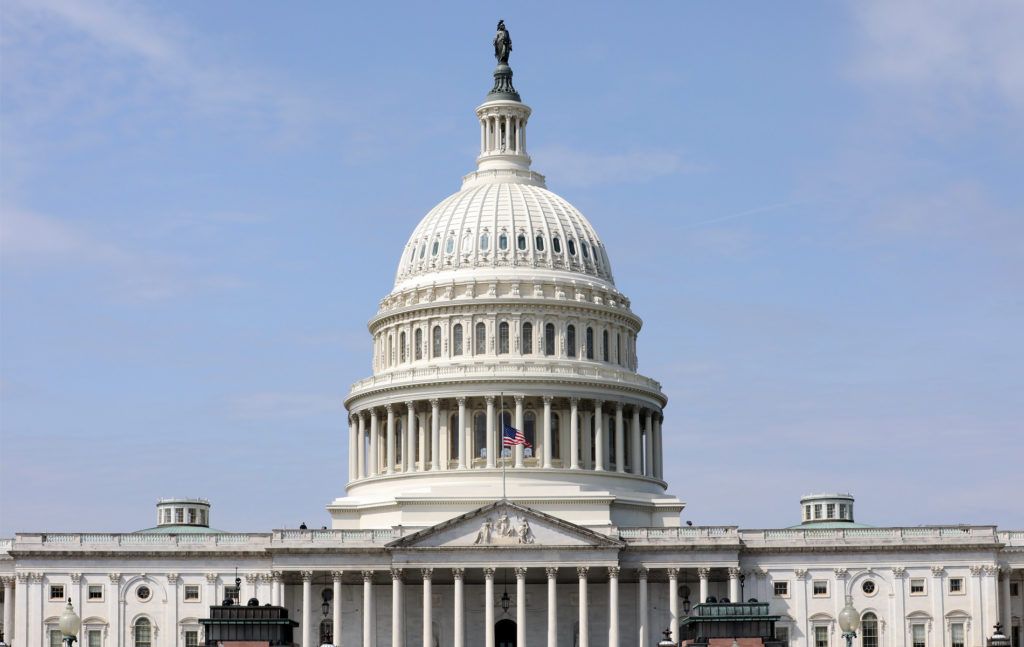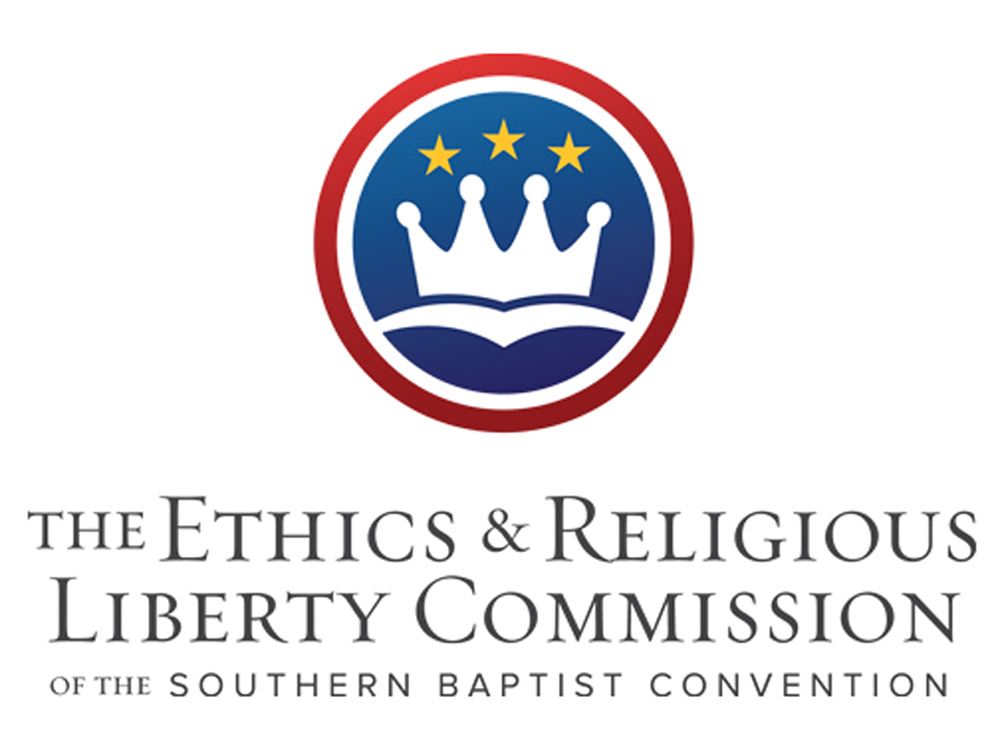
WASHINGTON (BP) – The U.S. House of Representatives voted July 19 to codify same-sex marriage into law with the help of one-fifth of its Republican members and to the chagrin of Southern Baptist leaders.
With all the Democrats and 47 Republicans voting in favor, the House approved the Respect for Marriage Act in a 267-157 roll call. The proposal would repeal the 1996 Defense of Marriage Act (DOMA) and require federal and state recognition of same-sex marriages considered legal in the jurisdiction where they took place.
If enacted, the measure would essentially place into federal law the U.S. Supreme Court’s 2015 Obergefell v. Hodges decision that legalized gay marriage.
The legislation still needs to receive approval in the Senate, where it faces the challenge of a 60-vote requirement to gain action on the floor.
Democrats promoted the Respect for Marriage Act in the wake of the Supreme Court’s June 24 overruling of Roe v. Wade, the 1973 opinion that legalized abortion nationwide. Supporters of same-sex marriage expressed concerns a future high court might also reverse the Obergefell ruling and called for a legislative remedy for that possibility.
The roll call demonstrated the difference between the House GOP’s status on abortion and gay marriage. No Republicans voted July 15 for the Women’s Health Protection Act, which would go beyond the Roe decision by prohibiting federal and state regulations of the procedure that were permitted under the 1973 opinion. On Tuesday, 22 percent of all Republican members in the House supported the same-sex marriage bill.
The Southern Baptist Ethics & Religious Liberty Commission “stands firmly opposed to this legislation, and it should not make any more advances in the legislative process,” said Brent Leatherwood, the ERLC’s acting president. “Its passage by the House is yet another reminder of how far our culture has moved away from the biblical understanding of marriage as being between one man and one woman for life and why God’s design for that union is meant for our flourishing.
“Marriage is bound up in the Gospel itself and so, regardless of any act of Congress, it is imperative that we, as Christians, continue to show how it is a picture of Christ joining with His bride, the church,” Leatherwood told Baptist Press in written comments.
Albert Mohler, president of Southern Baptist Theological Seminary, said the vote shows the country’s “political class has decided to vote for same-sex marriage, and 47 House Republicans decided to get aboard the train.”
“Yesterday, those of us who know that marriage is and can only be the union of a man and a woman found ourselves facing the undeniable reality that our political class will not rise to defend society’s most fundamental institution,” Mohler wrote in a column Wednesday (July 20) for WORLD Opinions.
Joni Madison – interim president of the Human Rights Campaign, a leading advocacy organization for gay marriage – also cited GOP support in applauding the bill’s passage.
“The fact that this bill passed with strong bipartisan support – earning the votes of 47 Republicans, proves that marriage equality is supported by a wide swath of the American people, and is not going anywhere,” she said in a written statement.
Rep. Jerrold Nadler, D-N.Y., the bill’s sponsor, and other Democrats referred to comments by Associate Justice Clarence Thomas in recently intensifying calls for Congress to provide protection for same-sex marriage. A member of the 5-4 majority, Thomas wrote an opinion concurring with the court’s decision in Dobbs v. Jackson Women’s Health Organization, which overturned Roe.
The high court “should reconsider” all precedents regarding “substantive due process,” including Obergefell, Thomas wrote. “Because any substantive due process decision is ‘demonstrably erroneous,’ … we have a duty to ‘correct the error’ established in those precedents,” Thomas said, quoting two previous high court opinions.
Associate Justice Samuel Alito, however, said in the majority opinion the decision to overrule Roe does not call into question the justices’ rulings in Obergefell and other cases. “[W]e have stated unequivocally that ‘[n]othing in this opinion should be understood to cast doubt on precedents that do not concern abortion,” he wrote.
Associate Justice Brett Kavanaugh reiterated that view in his own concurring opinion. “Overruling Roe does not mean the overruling of those precedents, and does not threaten or cast doubt on those precedents,” he wrote.
And Thomas agreed in his own concurrence that nothing in the court’s Dobbs decision should be inferred to imperil precedents unrelated to abortion.
In addition to Obergefell, Thomas cited Griswold v. Connecticut (a 1965 ruling that protected the right of married couples to use contraception) and Lawrence v. Texas (a 2003 decision that guaranteed the right of same-sex couples to engage in private, consensual sexual activity) as among substantive due process precedents the high court should reconsider. Under the judicial doctrine of substantive due process, specific rights that are not spelled out in the U.S. Constitution are still considered protected.
Rep. Mike Johnson, R-La., said in floor debate before the vote the bill is “completely and clearly unnecessary” and “another effort to delegitimize the Supreme Court.” The country’s current policy on marriage “is under no threat of any legislative or judicial body anywhere,” he said.
Nadler said from the floor the House should pass the legislation “to dispel any concern or any uncertainty for families worried by the implications of the Dobbs decision. Even if we accept the court’s assurance in Dobbs that its decision does not call other rights into question, Congress should provide additional reassurance that marriage equality is a matter of settled law.”
Although same-sex marriage is the focus of consideration regarding the Respect for Marriage Act, the bill’s language prohibits denial of the recognition of marriage between two people on the basis of their “sex, race, ethnicity, or national origin.” The U.S. Supreme Court invalidated state bans on interracial marriage in its 1967 Loving v. Virginia decision.
By enacting DOMA in 1996, the federal government defined marriage as only between a man and a woman and protected the right of a state not to recognize a same-sex marriage that occurred in another jurisdiction. It gained passage by overwhelming votes in both chambers of Congress, and President Clinton signed it into law.

















